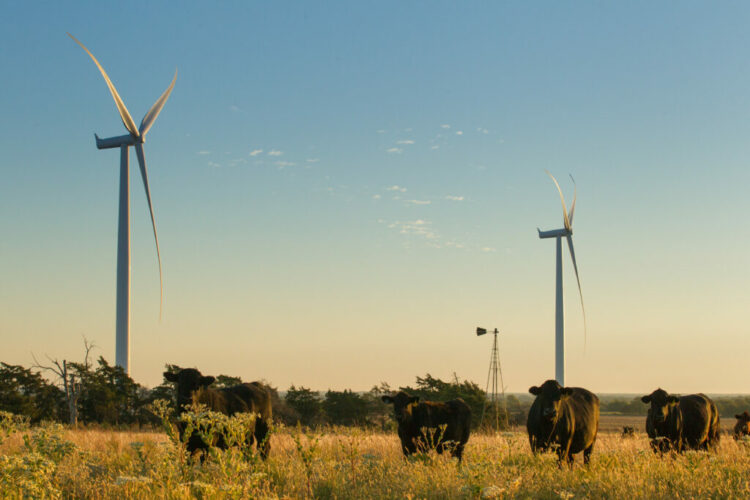
The Kansas wind could benefit Bourbon County financially.
Apex Clean Energy, headquartered in Virginia, is exploring the feasibility of constructing Jayhawk Wind, a wind energy project expected to generate up to 195 megawatts of clean, homegrown energy, according to http://www.jayhawkwind.com/about_jayhawk
Local wind data confirms that the Bourbon County area under consideration is ideal for a project of this size, which will produce enough safe, pollution-free energy to power up to 48,750 Kansas homes every year, according to the website.
Apex is working with local landowners, community leaders, and various stakeholders on the project and welcomes input into the planning process.
The Jayhawk Wind project hosted two moderated public forums on Wednesday, Oct. 30, one Hepler and one at Fort Scott Community College’s Ellis Center to answer residents’ questions about wind energy and Jayhawk Wind.
The is proposed area is in the southwest part of Bourbon County and the Hepler / Walnut areas of Crawford County.
“Over 100 residents attended both forums where industry experts discussed sound, property values, environment and wildlife impacts and protections, development, construction, and operation of a wind farm, what new revenues the two counties can expect, and short-term and long-term job creation,” according to the press release.
“Construction will initially create 318 full-time equivalent jobs,” said economist Dr. David Loomis, who conducted the economic impact study, according to the press release. “These include jobs directly related to the project as well as jobs created by the additional economic activity including new demand for goods and services at area restaurants, merchants and local businesses.”
Dr. Loomis presented how Jayhawk Wind will create an entirely new source of long-term revenue for local schools, government services, and property owners, according to the press release. “The total direct financial impact to the region will be in the millions of dollars over the life of the project, with additional indirect economic benefits to the local economy.
A complete economic impact report will be released in the coming weeks, according to the press release.
“Many of the residents who attended are landowners who are already participating in the project as well as considering participating in the project,” according to the press release. “Landowners with wind facilities on their property will receive annual lease payments. These payments will continue over the projected 30-year lifespan of the wind farm, injecting millions of dollars into the economies of Bourbon and Crawford Counties, supporting local merchants, contractors, equipment suppliers, auto dealers, and others.”
Apex development director, Jade Scheele, said the power generated by Jayhawk Wind will be delivered into the Kansas electrical grid, reducing the need to import electricity from outside markets.
Videos of the forums will be posted by Nov. 22, to www.jayhawkwind.com, as will a written document providing all the questions asked at both forums with the answers.
“One of the developments identified as a positive source of revenue is a wind energy project, so we were pleased to learn that a company has proposed to build a wind farm here in Bourbon and Crawford Counties,” Hoenor said. “Throughout Kansas, wind farms create a substantial new source of tax revenue and add to the local economy. We think the Jayhawk Wind project offers an opportunity for Bourbon County residents.”
Before a project can be built, agreements will be negotiated to ensure that Bourbon County residents benefit from the project as Kansans do in other counties throughout the state, Hoenor said.
